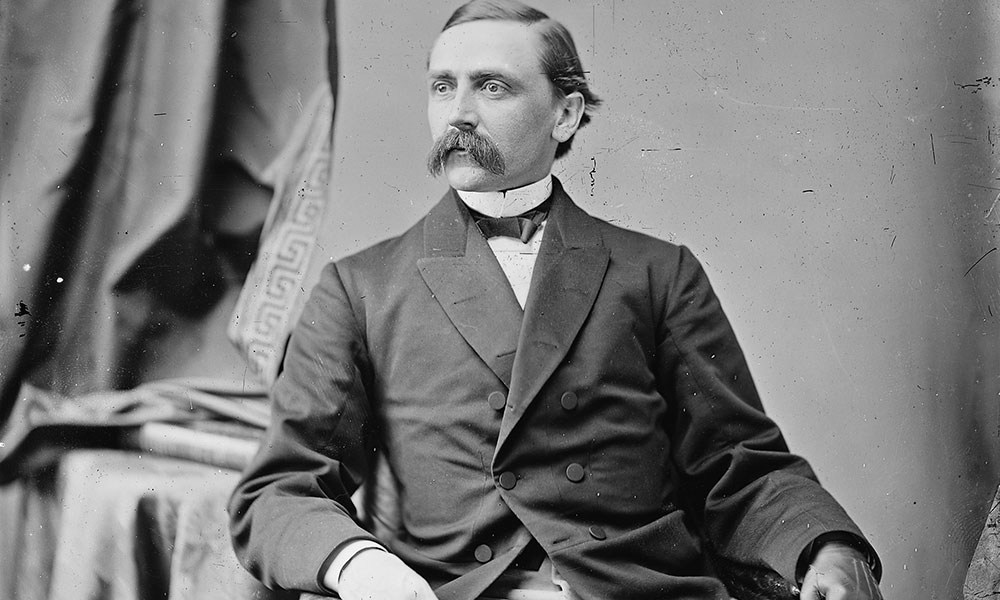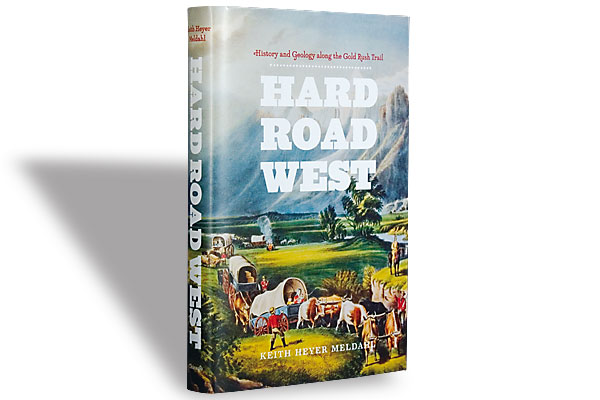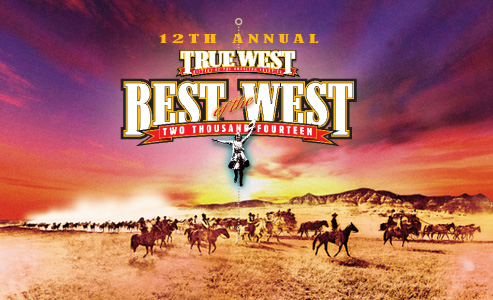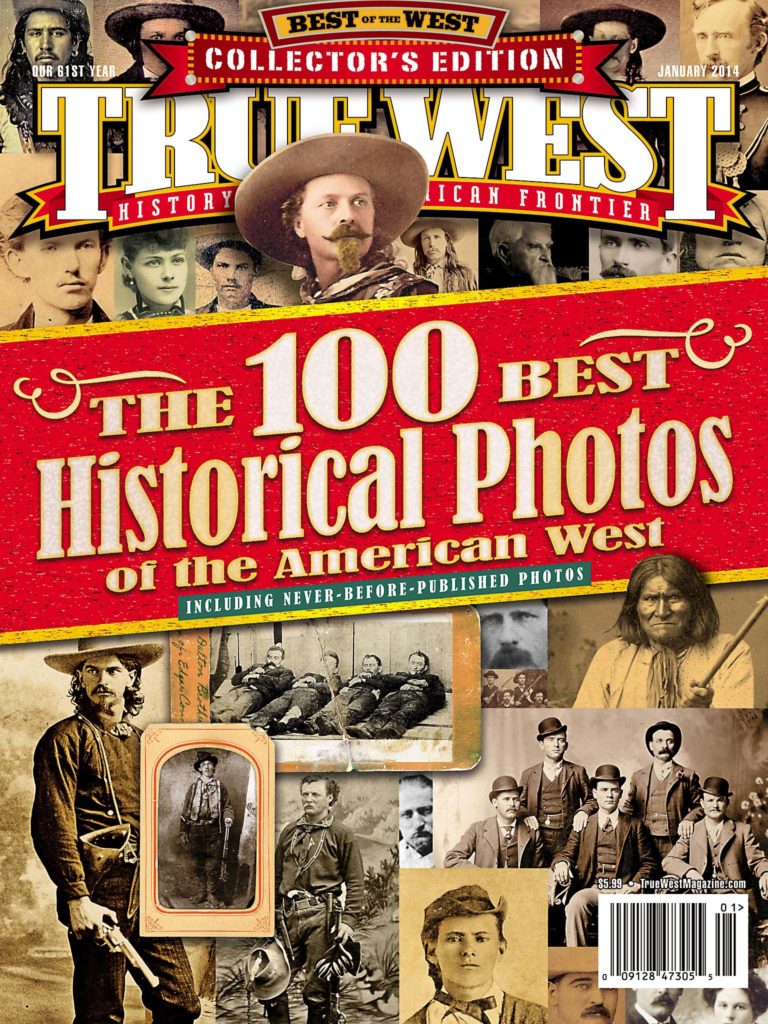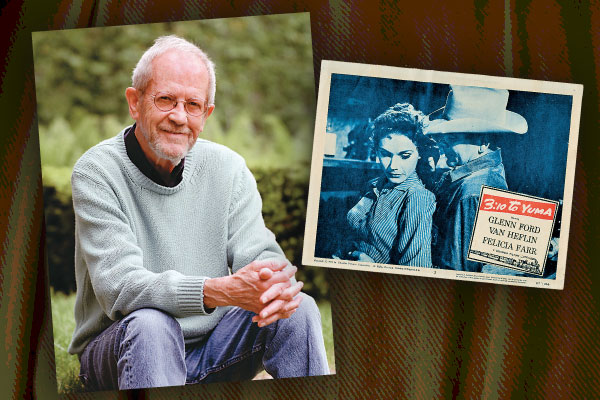 Life was hard in Elmore Leonard’s West. Living and dying in “Leonard’s Arizona Territory” was somewhere between Heaven and Hell. His characters traveled on the barbwire edge of right and wrong.
Life was hard in Elmore Leonard’s West. Living and dying in “Leonard’s Arizona Territory” was somewhere between Heaven and Hell. His characters traveled on the barbwire edge of right and wrong.
They were always low on ammunition, water and hope—and if they managed to survive to live another day—it took just the right combination of humor and luck. Elmore “Dutch” Leonard, one of America’s most acclaimed writers of Westerns and crime fiction since the early 1950s, died at the age of 87 at his home near Detroit, Michigan, on August 20, 2013. His passing left a legacy in publishing, film and television rarely
seen before or since.
According to good friend, novelist Loren D. Estleman, “If Raymond Chandler invented the language of film noir, than Elmore Leonard invented the language of the modern crime novel.” Estleman says, “Leonard’s prose was lean and his dialogue sharp. Like Ernest Hemingway, but, what distinguishes him from Hemingway is that ‘Dutch’ had a sense of humor, Hemingway did not.”
Leonard’s criminals with a sense of humor, made internationally famous with the film adaptation of his best seller Get Shorty in 1995, actually began with his first Western short stories for pulp magazines in the early 1950s.
In 1951, he sold his first Western story, “Trail of the Apache,” to Argosy magazine. Two years later, while Leonard was working for an ad agency to support his family, Houghton Mifflin published Leonard’s first novel, The Bounty Hunters. In an interview by Gregg Sutter in 2004, published in The Complete Western Stories of Elmore Leonard, Leonard explained how he had used Arizona Highways magazine to help him write his Westerns: “It had stories about guns…[and] stagecoach lines, specific looks at different little facets of the West, plus all the four-color shots that I could use for my descriptions.…” Ten years later, Leonard had published 30 Western short stories and five Western novels.
In 1956, two of his Argosy short stories, “Three-ten to Yuma” and “The Captives,” were optioned and produced as two of the most memorable Westerns of the 1950s. “The Captives” was re-titled “The Tall T.” 3:10 to Yuma starred Glenn Ford, who sought out the role of Leonard’s conflicted anti-hero, outlaw Ben Wade. Peter Ford says, “My father always believed that Wade’s character wanted what Van Heflin’s deputy character had: a family, a home, something to live for, and that’s why he got on the train at the end of the movie.”
What will Elmore Leonard’s legacy be as a Western writer? Old West novelist Larry D. Sweazy says, “Leonard was not as interested in writing Western characters as he was in writing human characters, and that is what was able to take Leonard to a larger audience—because of his legacy of his characters and how he approached their humanity.”
As Leonard’s favorite Western character Valdez from Valdez is Coming said, “You get one time, mister, to prove who you are.” I’d say Elmore “Dutch” Leonard did just that.
—Stuart Rosebrook


